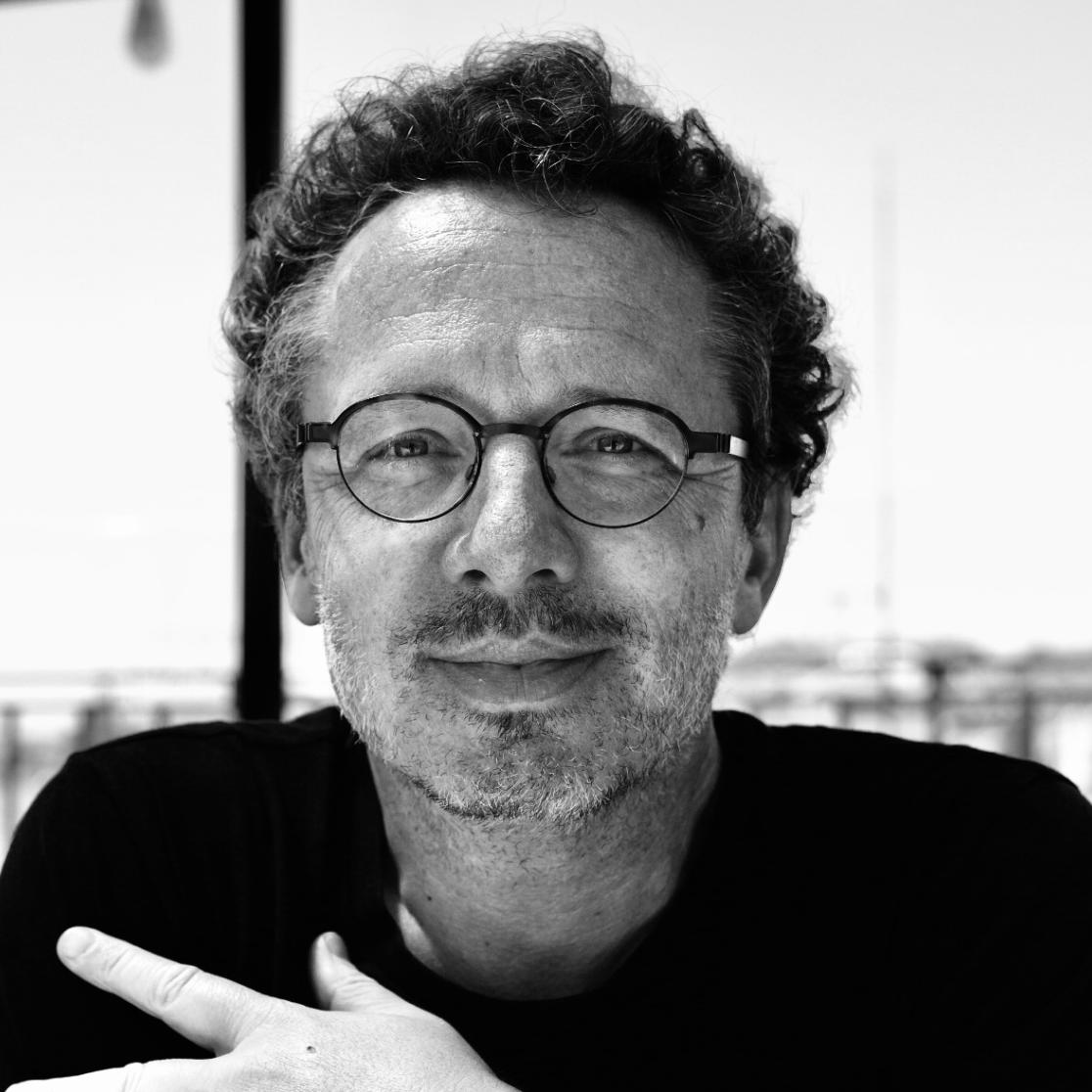Piet Leroy appointed professor in 'Procedural Sedation and Analgesia (PROSA) in children'
We are excited to announce that Piet Leroy has been appointed professor in ‘Procedural Sedation and Analgesia (PROSA) in children’ at Maastricht University. This chair is embedded within the School of Health Professions Education (SHE) and combines the fields of pediatrics, medical education and implementation of change. It aims to generate scientific knowledge that will enable the development of effective education in how healthcare professionals can treat children in a trauma-free manner. A part of Piet’s scientific work is supported by the Charlie Braveheart Foundation (www.charliebraveheart.com).
Bio
Piet Leroy (Belgium, 1969) is a pediatric critical care specialist at Maastricht University Medical Centre and has various roles within the medical curriculum at Maastricht University. After graduating as a Master in Health Professions Education (MHPE, 2017) he became a consultant for SHE collaborates.
His main research topics are procedural sedation and trauma-free medical care in children. Within these fields he has published and lectured extensively. In 2013 he received the Catharina Pijls Prize for his dissertation on the improvement of procedural sedation quality in pediatrics.
Piet organizes the bi-annual interprofessional European Conference on Pediatric Procedural Sedation & Analgesia (www.PROSAconference.com). He designed and coordinates a nationwide interprofessional curriculum for procedural comfort in children, focusing on strategies to establish trustful relationships with pediatric patients and their parents.

Also read
-
Riding the waves of change: From a summer vacation to a life that feels as good as it looks
For SBE alumna Victoria Gonsior, one spontaneous decision: trying surfing sparked a journey of self-discovery, leading her to redefine success, embrace joy, and build a career that aligns deeply with her values. From quiet beaches in Sierra Leone to coaching sessions rooted in purpose, Victoria...
-
NWO awards ten Veni grants to promising UM researchers
As many as ten young UM researchers have been awarded a Veni grant worth up to €320,000 from the Netherlands Organization for Scientific Research (NWO).

-
SBE researchers involved in NWO research on the role of the pension sector in the sustainability transition
SBE professors Lisa Brüggen and Rob Bauer are part of a national, NWO-funded initiative exploring how Dutch pension funds can accelerate the transition to a sustainable society. The €750,000 project aims to align pension investments with participants’ sustainability preferences and practical legal...
